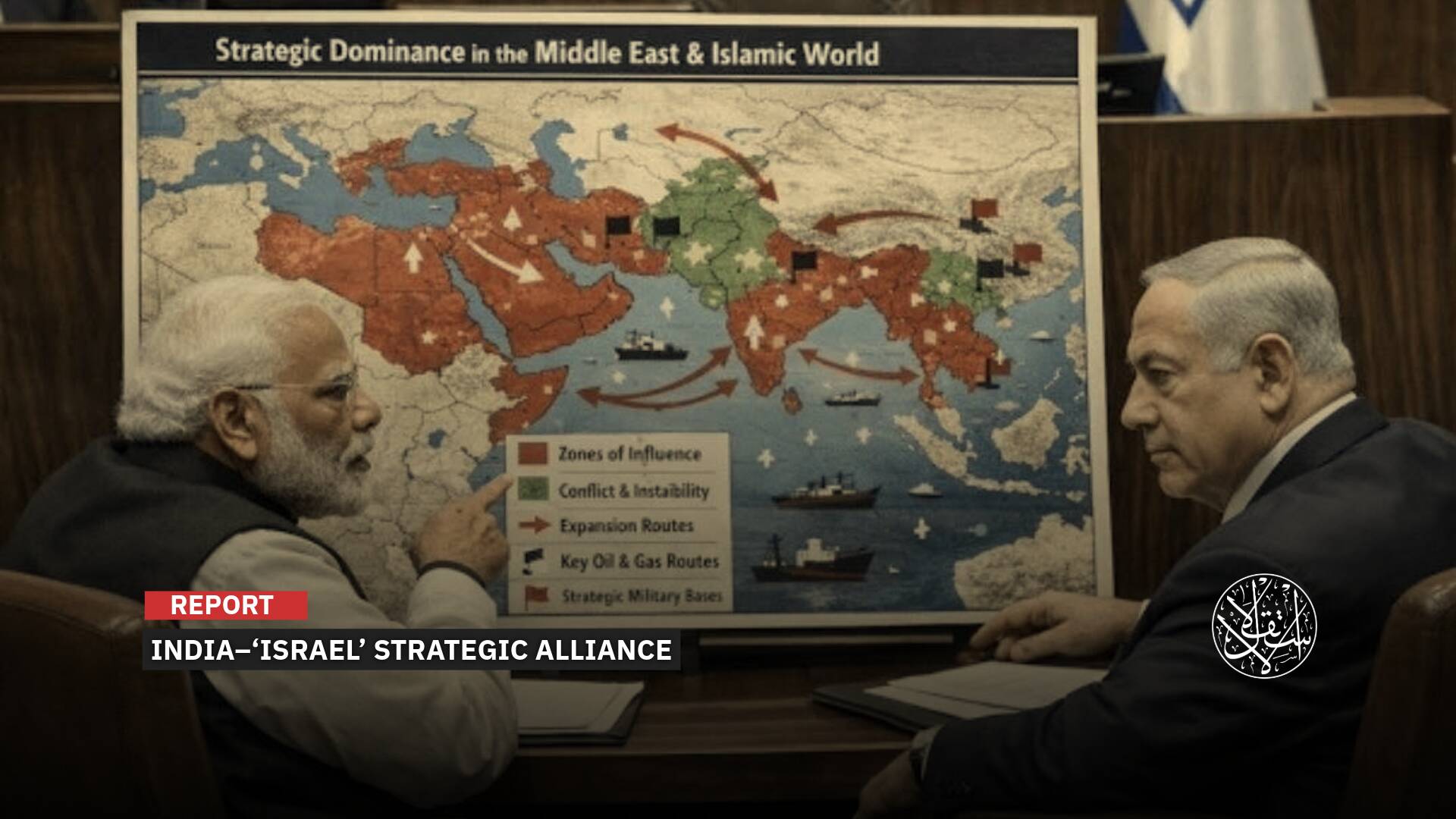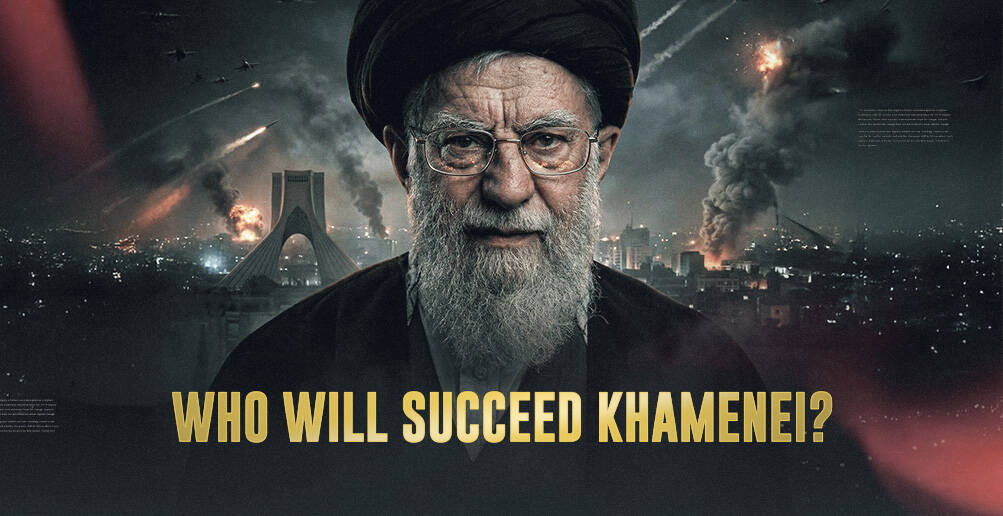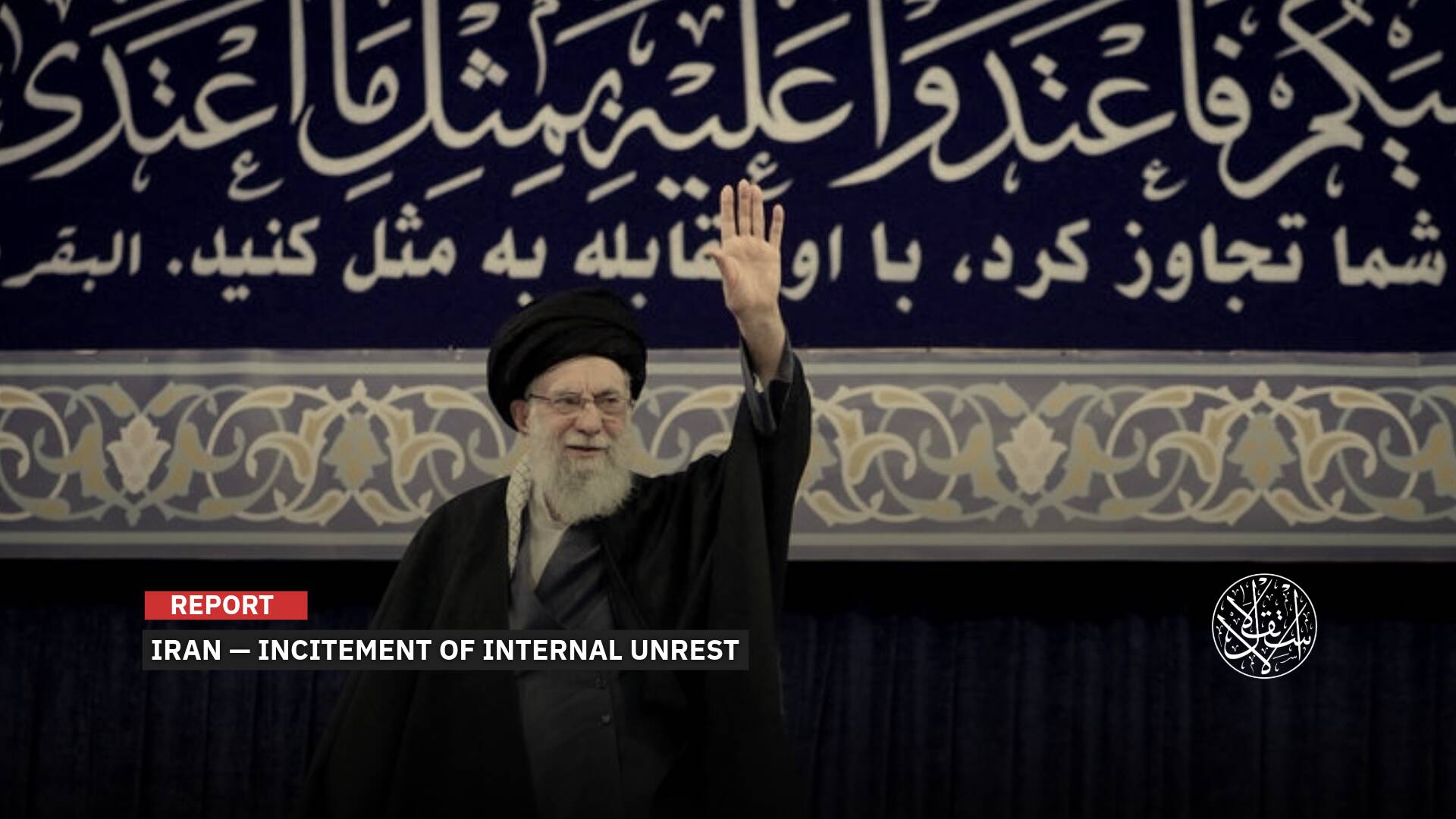A Bold Move: Why Did Jumblatt Hand Over His Party’s Weapons to the Lebanese State?

Jumblatt’s move is viewed as a way to help Hezbollah gradually step back from its weapons without losing face.
Lebanese Druze leader Walid Jumblatt dropped a major bombshell by announcing the handover of the Progressive Socialist Party’s weapons to the state, calling it an “encouraging step” for other parties to centralize arms under Beirut’s authority.
In a sensitive move, Jumblatt, former head of the Progressive Socialist Party, revealed at a June 26, 2025 press conference that three weeks earlier, he had completed handing over light and medium weapons, along with some heavy machine guns, to the government.
“A new chapter has opened in the Middle East,” he said. “If there is any Lebanese or non-Lebanese party that still possesses weapons, I hope they will hand them over to the state properly. The most useful weapon for future generations is the weapon of memory.”

Limiting Arms to the State
Jumblatt emphasized the importance of limiting weapons to the state and called on all Lebanese and non-Lebanese parties to follow the example of the Progressive Socialist Party.
Sitting next to his son Taymur, the party leader, Jumblatt said that in today’s regional dynamics, “Israel” and the West, in alliance with the U.S., have gained the upper hand, but nothing lasts forever.
International pressure has been mounting on Lebanon to disarm Hezbollah since the ceasefire agreement between Hezbollah and the Israeli Occupation took effect on November 27, 2024.
The agreement also calls for the implementation of UN Security Council Resolution 1701, which demands that weapons be confined to the Lebanese state.
Resolution 1701, adopted unanimously in 2006, aimed to end hostilities between Hezbollah and “Israel” by establishing a permanent ceasefire and a buffer zone.
Despite this, Hezbollah leader Naim Qassem declared on al-Manar TV in April 2025 that Hezbollah would never allow its weapons or those of the resistance to be disarmed, saying the idea of disarmament should be “erased from the dictionary.”
Hezbollah remains firm on retaining its arms, even though its military and political influence in Lebanon weakened after the recent war with “Israel” in support of Gaza in October 2023.
Following the ceasefire, Hezbollah withdrew from most of its positions in southern Lebanon, retreating to an area 30 kilometers north of the border with occupied Palestine near the Litani River, dismantling remaining infrastructure in the south, and allowing the Lebanese army to deploy there.
Lebanese officials, led by President Michel Aoun, reaffirm their commitment to “confining weapons to the state” and extending state control over all Lebanese territory, especially southern regions bordering “Israel.”
Aoun declared in April 2025 that 2025 must be the year in which all weapons are brought under the authority of the state.
In this context, Jumblatt’s move sends a clear message to other parties to follow suit and hand over their weapons to the state.
The weapons vary in type and quantity among parties and are remnants from Lebanon’s civil war, which ended in 1990 when the Taif Agreement laid out a roadmap to rebuild state institutions, including the military, emphasizing the disarmament of all Lebanese and non-Lebanese groups.
At that time, integrating fighters from war factions into the Lebanese army was a key step in unifying security forces under state authority.
A 1991 law established mechanisms to disband “militias” and demobilize their members, selecting a limited number to join the army or internal security forces after surrendering their arms.
Therefore, Jumblatt’s press conference revealing the handover of weapons held in the Moukhtara region by the Progressive Socialist Party for years marks a highly significant step encouraging all Lebanese and non-Lebanese parties to surrender their weapons to the army.

State’s Authority Cloak
Before this step, Jumblatt had directed the removal of weapons from predominantly Druze areas, where arms had built up again after Hezbollah and its allies took control of Beirut on May 7, 2008—an event widely regarded as the start of Iran-backed forces’ takeover of the state.
Jumblatt’s initiative is seen as a major disruption to internal deadlock, offering a practical, living example of handing over weapons from his stronghold in the town of Mukhtara, which holds deep symbolic significance for Druze leadership. This gave his move considerable weight and meaning.
Observers note that many parties appear willing to surrender their arms to the Lebanese state as a progressive step aimed at pressuring Hezbollah and challenging its stubborn refusal to disarm.
While Hezbollah has withdrawn from military positions it held for decades in southern Lebanon, disarming and integrating its fighters into the Lebanese army remains one of its biggest challenges following its weakened position after the recent war with the Israeli Occupation.
Sources speaking to Lebanon’s MTV television link Jumblatt’s move to a Washington-backed plan that includes security, economic, and investment initiatives, along with a vision of reciprocal steps with “Israel” — where Israeli withdrawal from the south would coincide with Hezbollah’s disarmament.
Local political sources told Nidaa al-Watan that Jumblatt “clearly read the situation in the Middle East, especially after the swift Israel-Iran war, and grasped the seriousness of the U.S. stance on Lebanon.” Through his position on weapons, Jumblatt aimed to invite other parties — notably Hezbollah and Palestinian factions — to remain under the sole authority of the Lebanese state, viewing this as the only way to steer Lebanon away from the threats of war and sanctions.

A Symbolic Move
Lebanese political writer and researcher Asaad Bishara describes Jumblatt’s decision to hand over his party’s weapons as a symbolic gesture aimed at sending a clear message to Hezbollah: it must also surrender its arms to the Lebanese state, as its weapons have lost the last remnants of Lebanese legitimacy.
“The state’s demand for Hezbollah to disarm is backed by most political factions in Lebanon, who are aligning with the government on this issue,” he told Al-Estiklal.
“Hezbollah’s insistence on keeping its weapons has become a form of political isolation, which could soon become a widespread demand across Lebanon, despite Hezbollah’s efforts to retain its arms for internal power dynamics—a position that has lost ground following recent war outcomes.”
“Disarming Hezbollah has become not only an internal challenge but an international prerequisite to rescuing Lebanon. Without it, the country will stay trapped under the rule of force, leaving its people deprived of essential needs,” he added.
“The Lebanese government must decide whether to follow the path of the state and its institutions or continue living under the shadow of illegitimate armed power and bear the consequences of total collapse.”
Political analysts interpret Jumblatt’s move as an effort to push the Progressive Socialist Party, led by his son MP Taymur Jumblatt, forward in supporting the state’s vision to eliminate unauthorized weapons, primarily those held by Hezbollah.
The local site Janoubia notes that Jumblatt’s initiative is to help Hezbollah gradually step back from its weapons without losing face, especially amid the “post-Israel-Iran war landscape,” which has visibly eroded Hezbollah’s capabilities due to repeated Israeli strikes on its positions in southern Lebanon, the Bekaa Valley, and the southern suburbs of Beirut.
Janoubia also links this move to the intensifying U.S. involvement through special envoy Tom Barrack, who visited Beirut twice in one month, proposing a practical four-stage plan to resolve the weapons issue—starting with confining arms south of the Litani River and ending with gradual disarmament in exchange for security guarantees for Hezbollah.
The site describes Jumblatt’s initiative as a national effort to avoid a bloody scenario and open the door to internal negotiations before external conditions are imposed.
Sources
- Ceasefire Doesn’t Mean Letting Down Guards in the South — Jumblatt Launches Disarmament Drive [Arabic]
- Jumblatt Knocks on the State’s Door to Open the File of Hezbollah’s Arms — Will Sheikh Qassem Respond? [Arabic]
- Jumblatt Calls for State Monopoly on Arms and Passing Down a Legacy of Heroism to Future Generations
- Walid Jumblatt says Progressive Socialist Party handed over its weapons, urges others to follow
- Lebanon’s President: We Aim to Make 2025 the Year of State Control Over All Arms [Arabic]










